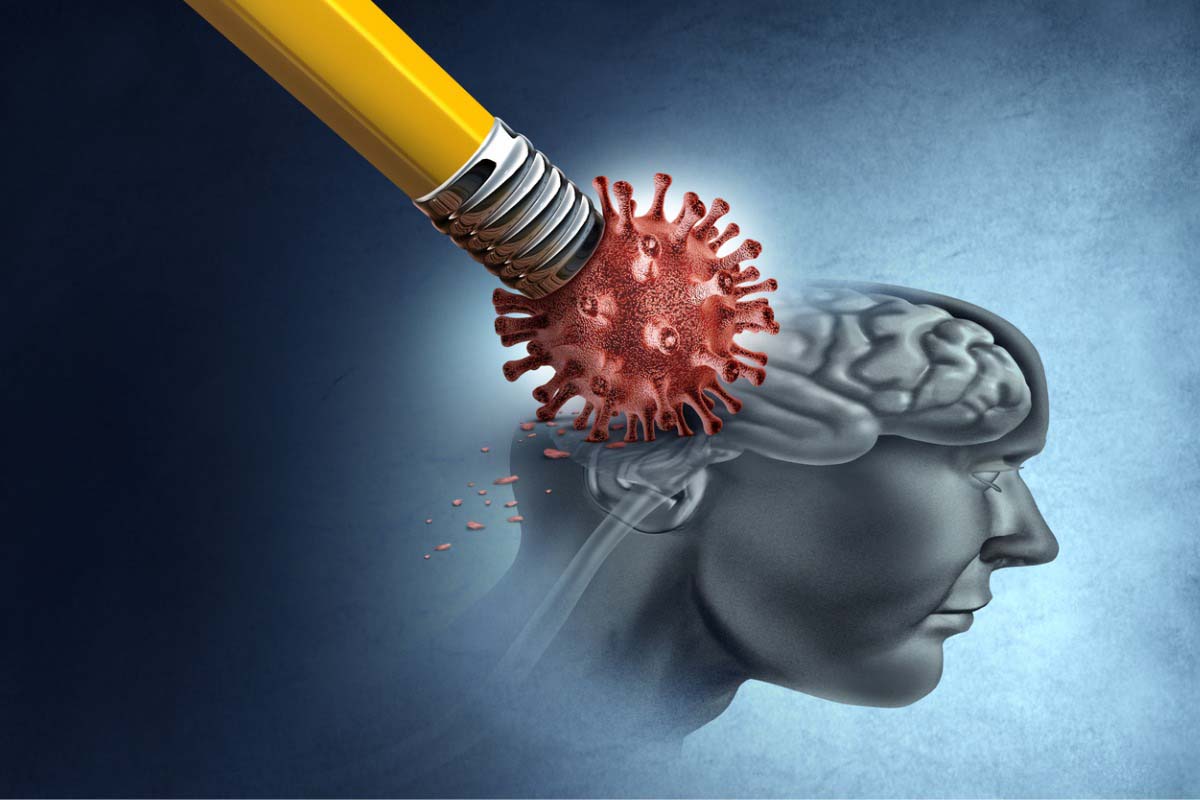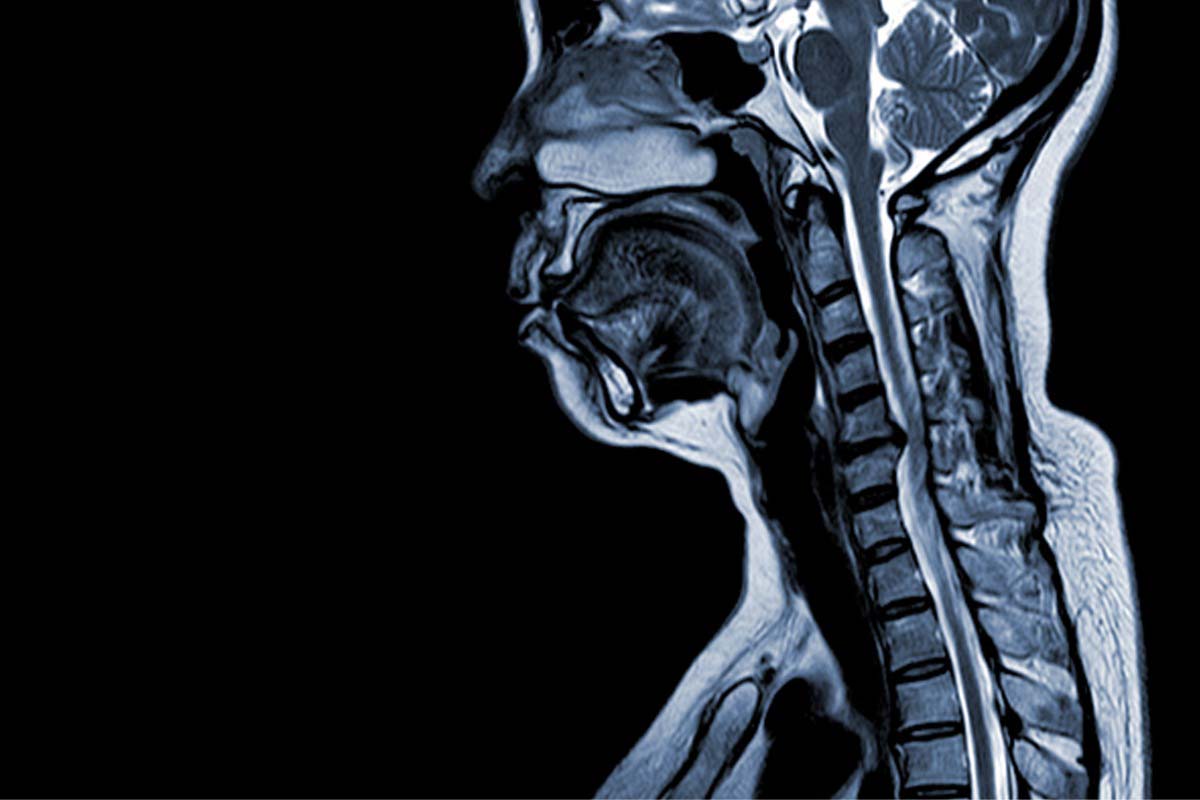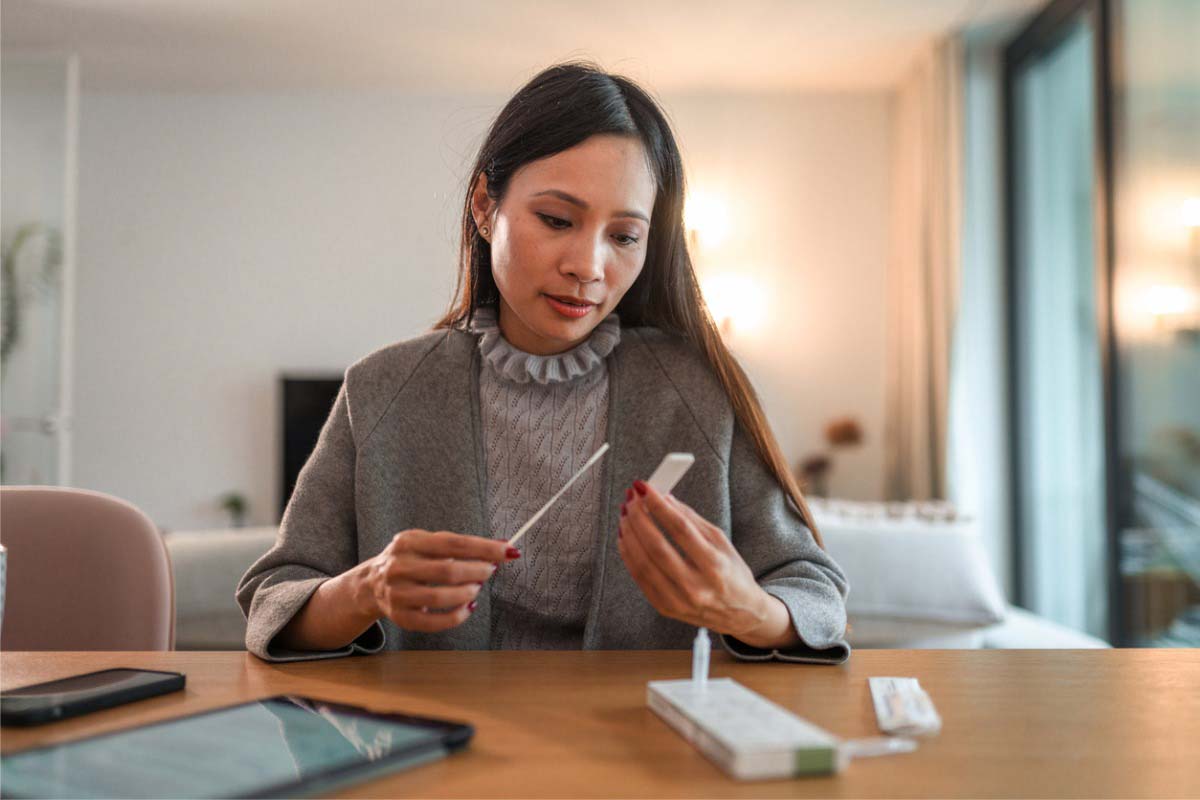
aFirst Choice Neurology, Miami, Florida
bPsychological Evaluation and Research Laboratory, Massachusetts General Hospital–Harvard Medical School, Boston, Massachusetts
cNeurelis, San Diego, California
*Corresponding author: Rafael Rivas-Vazquez, PsyD, First Choice Neurology, 8940 North Kendall Drive, Ste 802-E, Miami, FL 33176 ([email protected]).
Prim Care Companion CNS Disord 2021;23(6):21br03145
To cite: Rivas-Vazquez RA, Blais MA, Carrazana E. Does anxiety sensitivity complicate recovery from COVID-19 infection? Prim Care Companion CNS Disord. 2021;23(6):21br03145.
To share: https://doi.org/10.4088/PCC.21br03145
© Copyright 2021 Physicians Postgraduate Press, Inc.
Mental health practitioners are encountering individuals struggling with cognitive, behavioral, and somatic symptoms during recovery from coronavirus disease 2019 (COVID-19). Post-acute symptoms are being reported not only by patients recovering from a severe acute phase of the illness, but also among those who had relatively mild symptoms not requiring hospitalization. Although no precise definition exists for this syndrome, post-acute sequelae of SARS-CoV-2 (severe acute respiratory syndrome coronavirus 2) infection1 refers to symptoms persisting beyond 3 weeks following the acute phase. The most common symptoms involve fatigue, headache, shortness of breath, anosmia/ageusia, gastrointestinal symptoms, chest tightness, post-exertional malaise, and cognitive dysfunction.1,2 Individuals struggling with post-acute sequelae of SARS-CoV-2 infection are referred to as “long haulers.”
We recently assessed 3 individuals recovering from mild COVID-19, none requiring hospitalization or respiratory support, but who were now presenting with panic attacks. Their ages ranged from 29 to 42 years, and all were in good premorbid health. None had cardiovascular or pulmonary disease or other medical comorbidities. Two had no past psychiatric history; one reported a remote history of treatment for anxiety. As a group, they described fatigue, mental dullness, shortness of breath (particularly upon exertion), and difficulty returning to exercise or their normal activity levels. In obtaining detailed history, these patients appeared to demonstrate anxiety sensitivity.
Anxiety sensitivity refers to fears of anxiety-related sensations that are based on the belief that these sensations have harmful consequences.3,4 Anxiety sensitivity is a dispositional construct distinct from trait anxiety. Whereas trait anxiety denotes a proneness to respond fearfully to a wide range of stressors, anxiety sensitivity denotes a specific tendency to respond fearfully to one’s own bodily sensations, which may increase a person’s likelihood of experiencing panic attacks.5 Elevated anxiety sensitivity is associated with anxiety disorders in general and panic disorder in particular. Moreover, anxiety sensitivity is an important concurrent predictor of fearfulness and avoidance in both patients and nonpatients and can identify individuals at risk for panic disorder.5,6
Our patients all described heightened vigilance to the somatic sensations that are typically being reported by long haulers (particularly, shortness of breath, chest tightness, fatigue upon exertion) and fear that these sensations meant compromised health status and inability to resume or maintain their premorbid psychosocial functioning. We were struck by how these cognitions triggered rapid escalation of nervousness, anxiety, and panic symptoms. All 3 patients reported reluctance to engage in activities that may elicit physical or somatic symptoms that could mimic or induce panic-like sensations. In addition to appropriate pharmacologic treatment, recommendations included educational and cognitive-behavioral interventions targeting this hypervigilance and misinterpretation of somatic symptoms. We recommend that practitioners be attentive to the possibility of anxiety sensitivity when assessing patients presenting post–COVID-19 infection, as this may complicate recovery and return to premorbid functioning.
Received: September 16, 2021.
Published online: November 18, 2021.
Potential conflicts of interest: None.
Funding/support: None.
References (6)

- Moghimi N, Di Napoli M, Biller J, et al. The neurological manifestations of post-acute sequelae of SARS-CoV-2 infection. Curr Neurol Neurosci Rep. 2021;21(9):44. PubMed CrossRef
- Greenhalgh T, Knight M, A’Court C, et al. Management of post-acute covid-19 in primary care. BMJ. 2020;370:m3026. PubMed CrossRef
- Reiss S. The expectancy model of fear, anxiety, and panic. Clin Psychol Rev. 1991;11(2):141–153. CrossRef
- Reiss S, McNally RJ. Expectancy Model of Fear: Theoretical Issues in Behaviour Therapy. San Diego, CA: Academic Press; 1985:107–121.
- McNally RJ, Lorenz M. Anxiety sensitivity in agoraphobics. J Behav Ther Exp Psychiatry. 1987;18(1):3–11. PubMed CrossRef
- Otto MW, Pollack MH, Fava M, et al. Elevated anxiety sensitivity index scores in patients with major depression: correlates and changes with antidepressant. J Anxiety Disord. 1995;9(2):117–123. CrossRef
Enjoy this premium PDF as part of your membership benefits!





